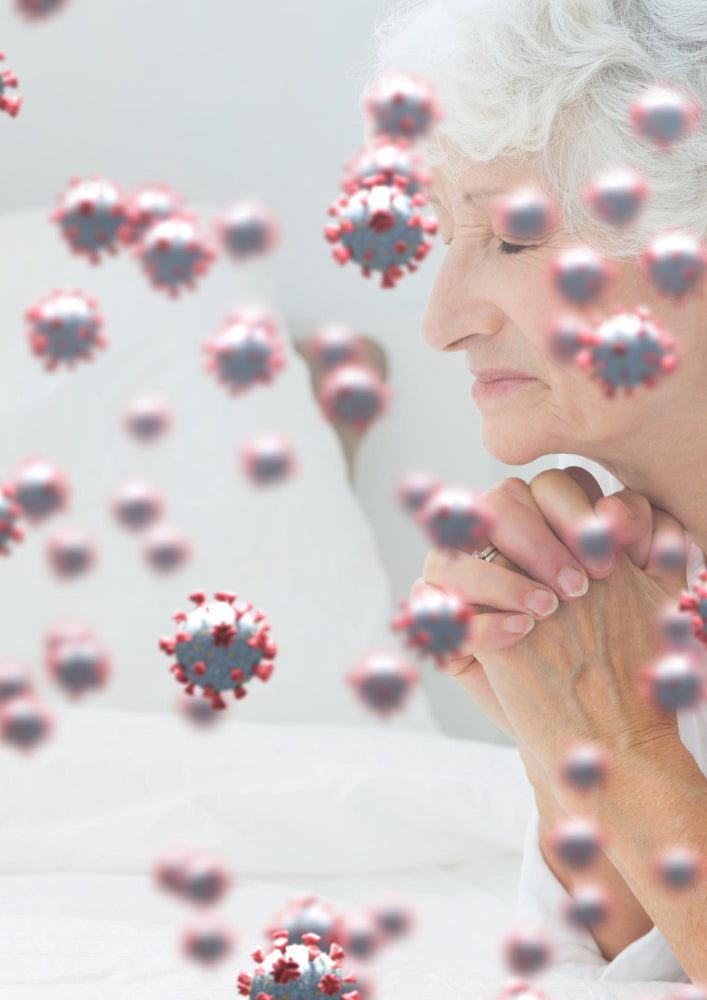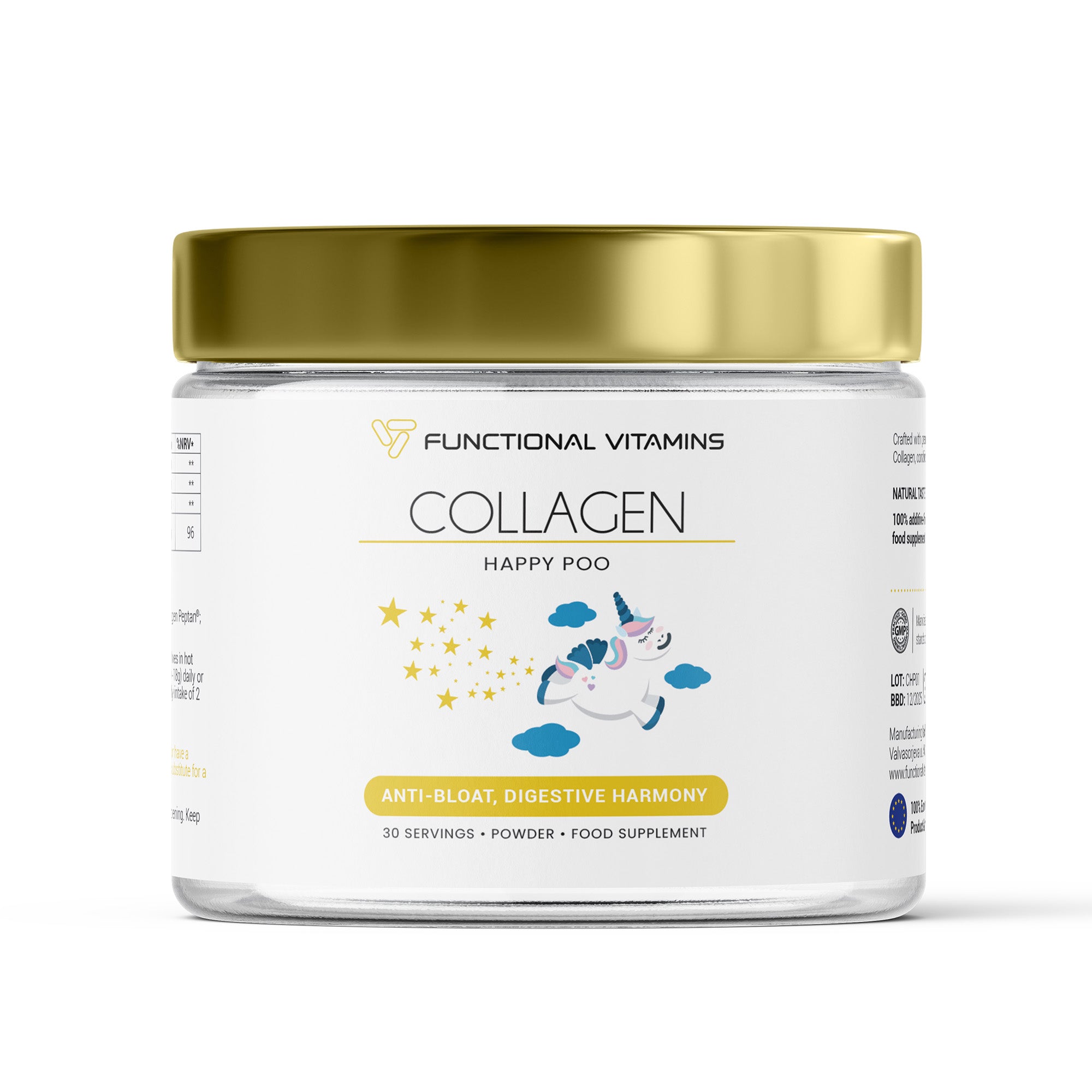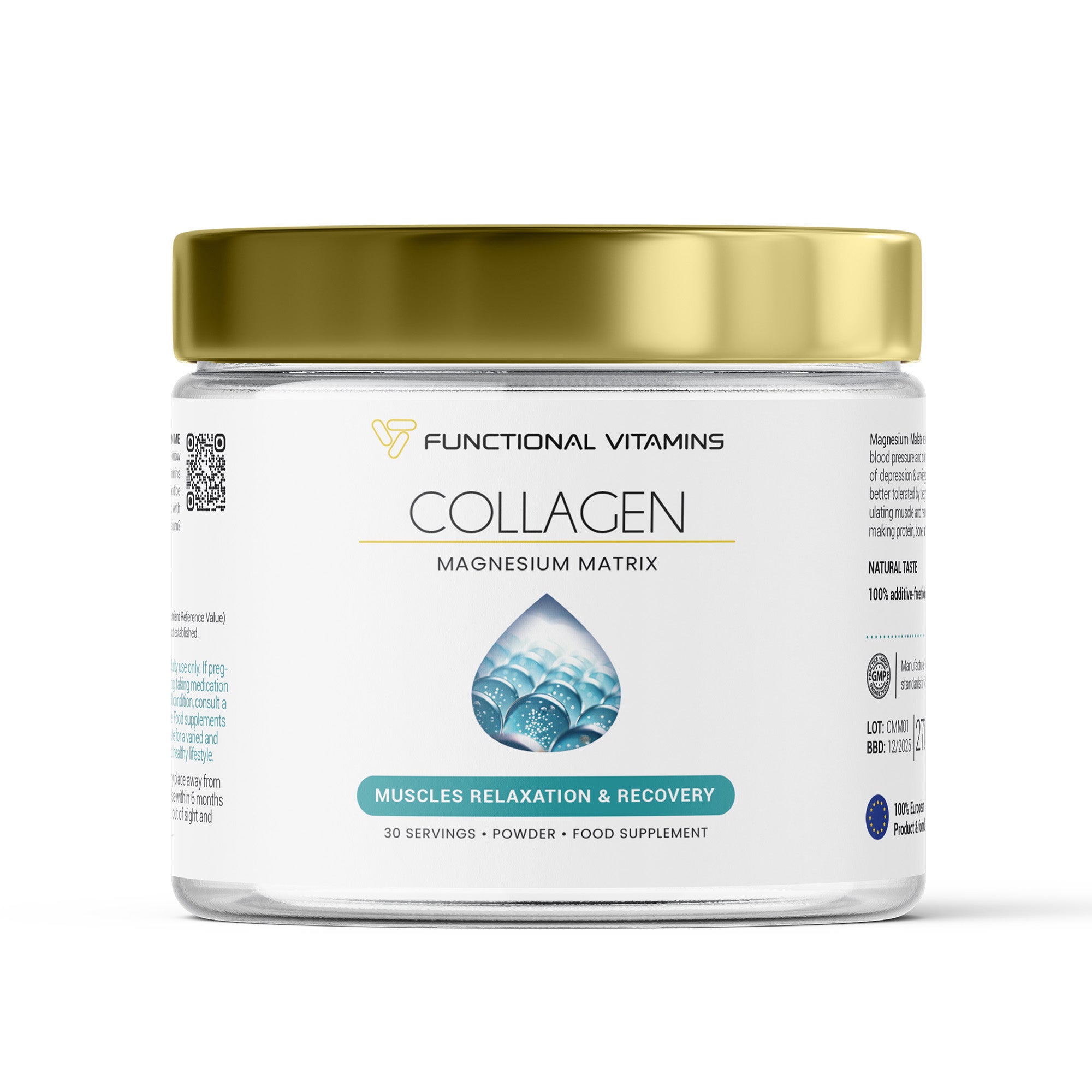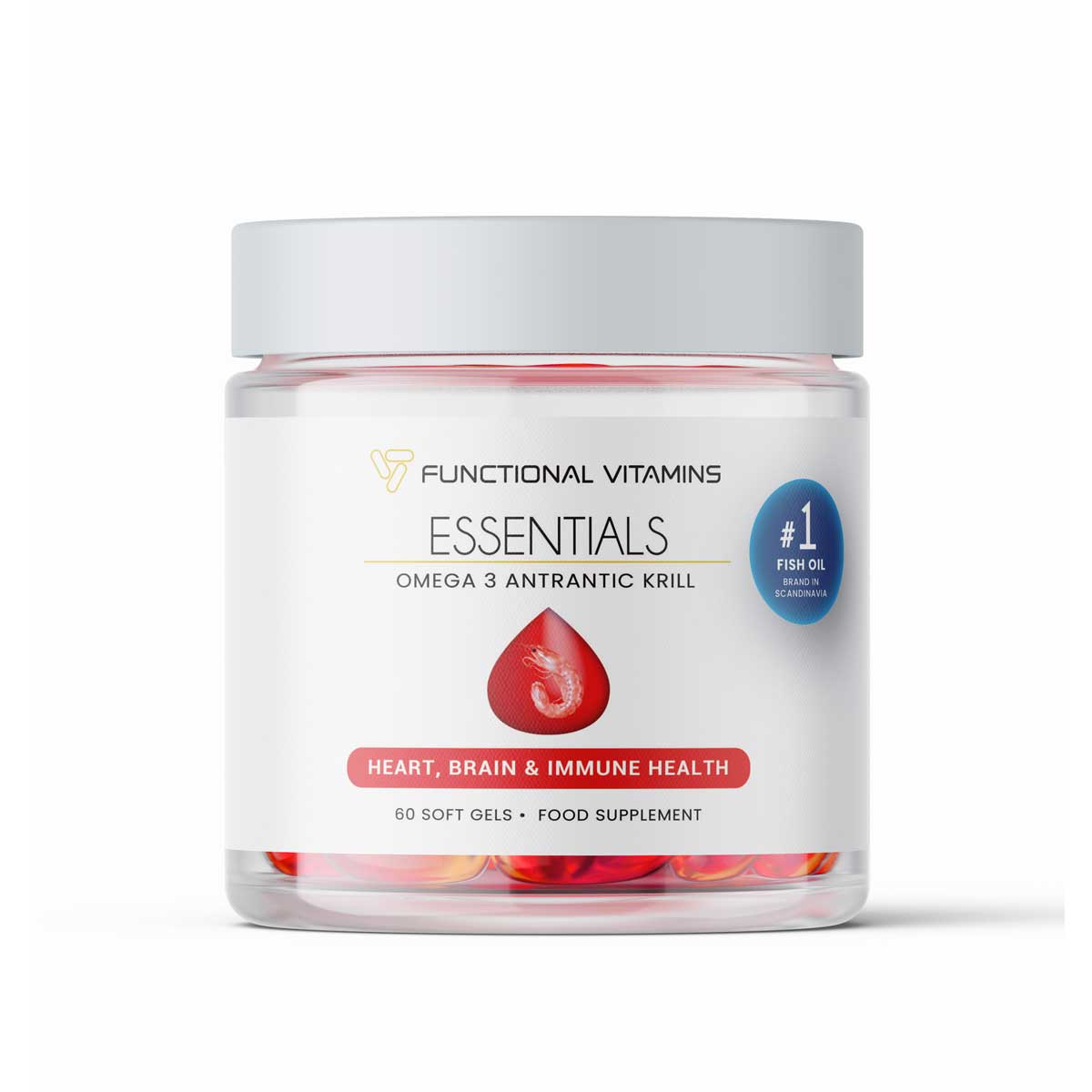The Importance of Lifestyle Choices in Managing Rheumatoid Arthritis: Rheumatoid arthritis (RA) is a chronic autoimmune condition that affects not only joints but also overall well-being and quality of life. The Slovenian Association of Rheumatic Patients (Društvo revmatikov Slovenije) emphasizes that, beyond medical treatment, proactive lifestyle choices can make a significant impact. According to Darja Ambrožič, MD, a nutrition consultant, maintaining a healthy diet, appropriate body weight, physical activity, and effective stress management are essential components of managing RA successfully.
Following Medical Advice and Staying Informed
The association strongly encourages patients to adhere to their rheumatologist’s advice and communicate with healthcare professionals regarding any issues or questions. Being informed and understanding one’s condition can greatly alleviate stress, as uncertainty is one of the most significant sources of anxiety for patients. The association, which has been supporting patients for nearly 40 years, stresses that staying proactive and knowledgeable can make treatment more effective.
Diet and Weight Management: Keys to Health
Research has consistently shown that diet and lifestyle choices can influence the onset and progression of RA symptoms. The foods we eat impact various inflammatory mediators, which in turn affect the disease. Nutrition is a complex and individualized area, so while there are no universal dietary plans that work for every patient, experts do agree on some general principles.
What to Eat:
- Fresh Vegetables: Especially green leafy vegetables, legumes, and cruciferous options like broccoli and kale.
- Seasonal Fruits: Berries are particularly beneficial.
- Spices: Turmeric and ginger, known for their anti-inflammatory properties.
- Probiotics: Yogurts and fermented foods support gut health.
- Nuts and Green Tea: Rich in antioxidants that help reduce inflammation.
Studies suggest that a vegan diet or a Mediterranean-style diet—high in vegetables, fish, olive oil, and spices—may positively influence the course of RA. Supplements, apart from vitamin D and omega-3 fatty acids, are generally unnecessary with a well-balanced diet. Importantly, dietary choices should be aligned with any medications the patient is taking and their current health status.
What to Avoid:
- Processed Foods: Those high in salt, sugar, trans fats, additives, and preservatives.
- Red Meat: While not strictly forbidden, a lower intake is recommended.
- Alcohol: Regular consumption may worsen symptoms and interfere with medication. Occasional, moderate consumption, like a glass of red wine, is generally acceptable.
Smoking: A Critical Risk Factor
Research indicates that smoking not only increases the risk of developing RA but also contributes to a more aggressive disease course. Smoking is also a major risk factor for cardiovascular disease, which is already a leading cause of mortality among RA patients. The evidence is clear: quitting smoking is strongly advised for anyone with or at risk of RA.
The Role of Physical Activity
Physical activity plays an essential role in managing RA. According to European guidelines for the treatment of inflammatory arthritis, regular exercise helps control the disease and should be part of every treatment plan. Even during periods of fatigue, stiffness, or mild joint pain, some level of physical activity is beneficial. Only in cases of active joint inflammation should modifications or short breaks be taken.
Tips for Exercise:
- Start slowly and increase activity levels gradually.
- Collaborate with a physiotherapist or trainer to develop a personalized exercise plan.
- Choose exercises that are enjoyable to help maintain consistency.
Regular movement can improve joint function, muscle strength, and overall energy levels, contributing to better management of RA symptoms and improved quality of life.
Managing Stress for Better Outcomes
Stress can exacerbate RA symptoms and negatively impact overall health. Therefore, finding ways to manage stress is a crucial part of living with RA. The Slovenian Association of Rheumatic Patients recommends incorporating stress-reduction techniques such as yoga, meditation, and mindful breathing exercises. Taking time to pause and breathe deeply can help calm the mind and body. It’s essential to integrate rest and relaxation into daily life to balance the demands of physical activity and recovery.
Building a Long-Term Plan: Lifestyle changes are not quick fixes; they require commitment and patience. While improvements may not be immediate, the long-term benefits are substantial. By making small, consistent changes, patients can build sustainable habits that contribute to better health and more effective management of RA.
Final Thoughts
Living with rheumatoid arthritis is challenging, but a proactive approach that includes a healthy diet, physical activity, stress management, and adherence to medical advice can make a significant difference. Support from organizations like the Slovenian Association of Rheumatic Patients provides patients with valuable resources, advice, and encouragement.
Acknowledgment: A special thank you to the Slovenian Association of Rheumatic Patients and Darja Ambrožič, MD, nutrition consultant, for their invaluable contributions to this article.
For more information, visit: www.revmatiki.si












Leave a comment
This site is protected by hCaptcha and the hCaptcha Privacy Policy and Terms of Service apply.